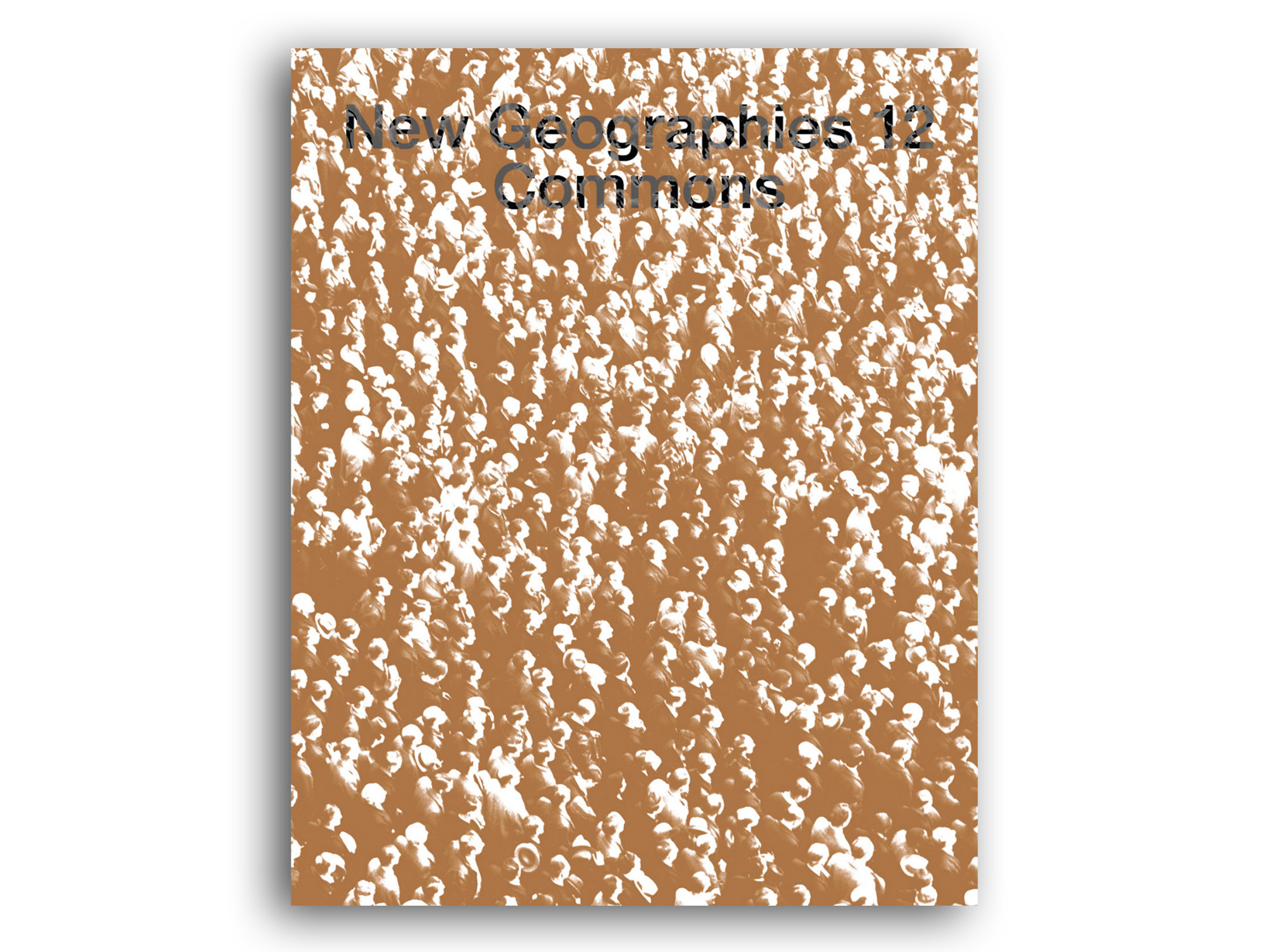Excerpt:
“As contemporary cities increasingly become the sites for extracting capital and organizing forms of dominant power, questions arise about the spaces of urban life that might resist such forces and produce new opportunities for the appropriation of the city. We might consider this to be the role of public space—whether parks, squares, or streets more generally— which contemporary planners and architects often employ as a vehicle to gather people together. More often than not, however, public space is managed and controlled by particular authorities that act in the name of community while tending to limit the liberating potential of such spaces. In a very direct way, we notice that (with decreased government funding) these spaces are increasingly reliant on implicit or explicit forms of commodification. In a subtler manner, public space is often accompanied by latent social norms as well as values and thereby does not necessarily relate to all of us equally. This process of normalization seeks to mold social relations and behaviors that are repeatable and predictable, using space as one means to do so. These direct and indirect techniques have positioned public space, and the public goods within, as areas of power and administration for the continued development of capitalism.”
